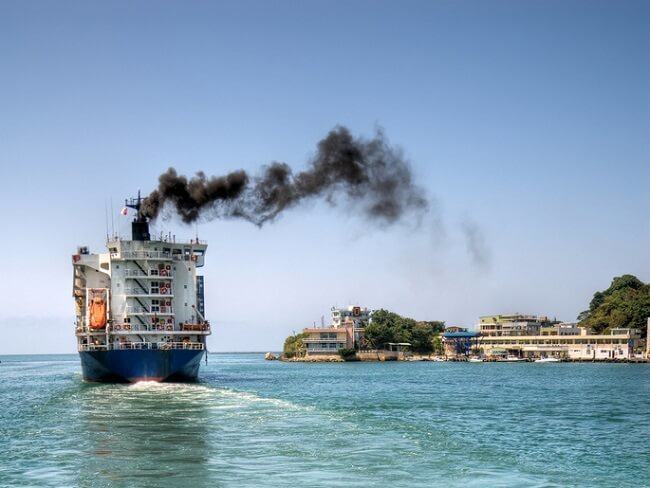The greenhouse gas emissions of shipping have increased from 977 million tonnes in 2012 to 1,076 million tonnes in 2018 (9.6% increase). The carbon intensity of shipping has improved by about 11% in this period, but the growth in activity was larger than the efficiency gains.
In the next decades emissions are projected to increase by up to 50% until 2050, relative to 2018, despite further efficiency gains, as transport demand is expected to continue to grow. While the impacts of the Covid-19 pandemic will probably cause a decline in emissions in 2020, they are not expected to significantly affect the projections for the coming decades.
These are the main findings from the Fourth IMO Greenhouse Gas Study which has been released today. The study has been prepared for the International Maritime Organization by an international consortium comprising ten consultancies, research institutes and universities from four continents.
The list of Consortium members led by CE Delft (the Netherlands), and, in alphabetical order, ClassNK (Japan), Dalian Maritime University (China), Fudan University (China), Institute of Economic Research Foundation, University of São Paulo (Brazil), Manchester Metropolitan University (UK), National Maritime Research Institute, National Institute of Maritime, Port and Aviation Technology (Japan), Purdue University (USA), The International Council on Clean Transportation, and UMAS, University College London (UK).
Source:- Marine Insight





